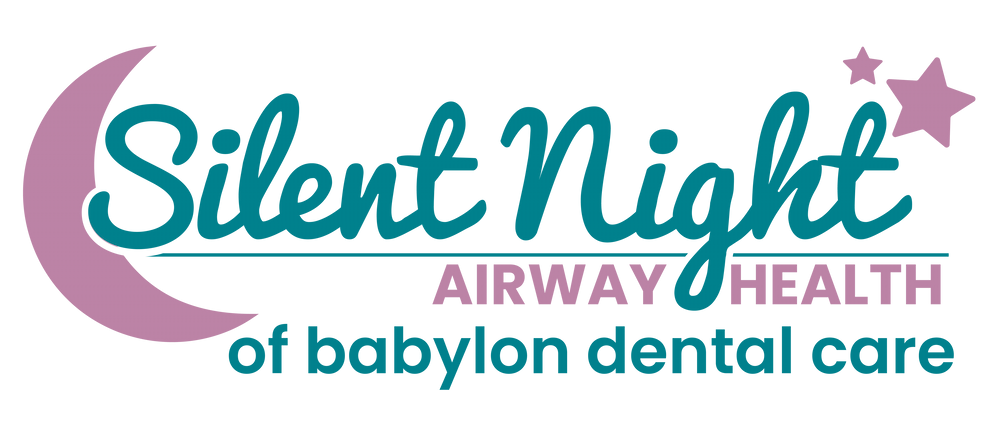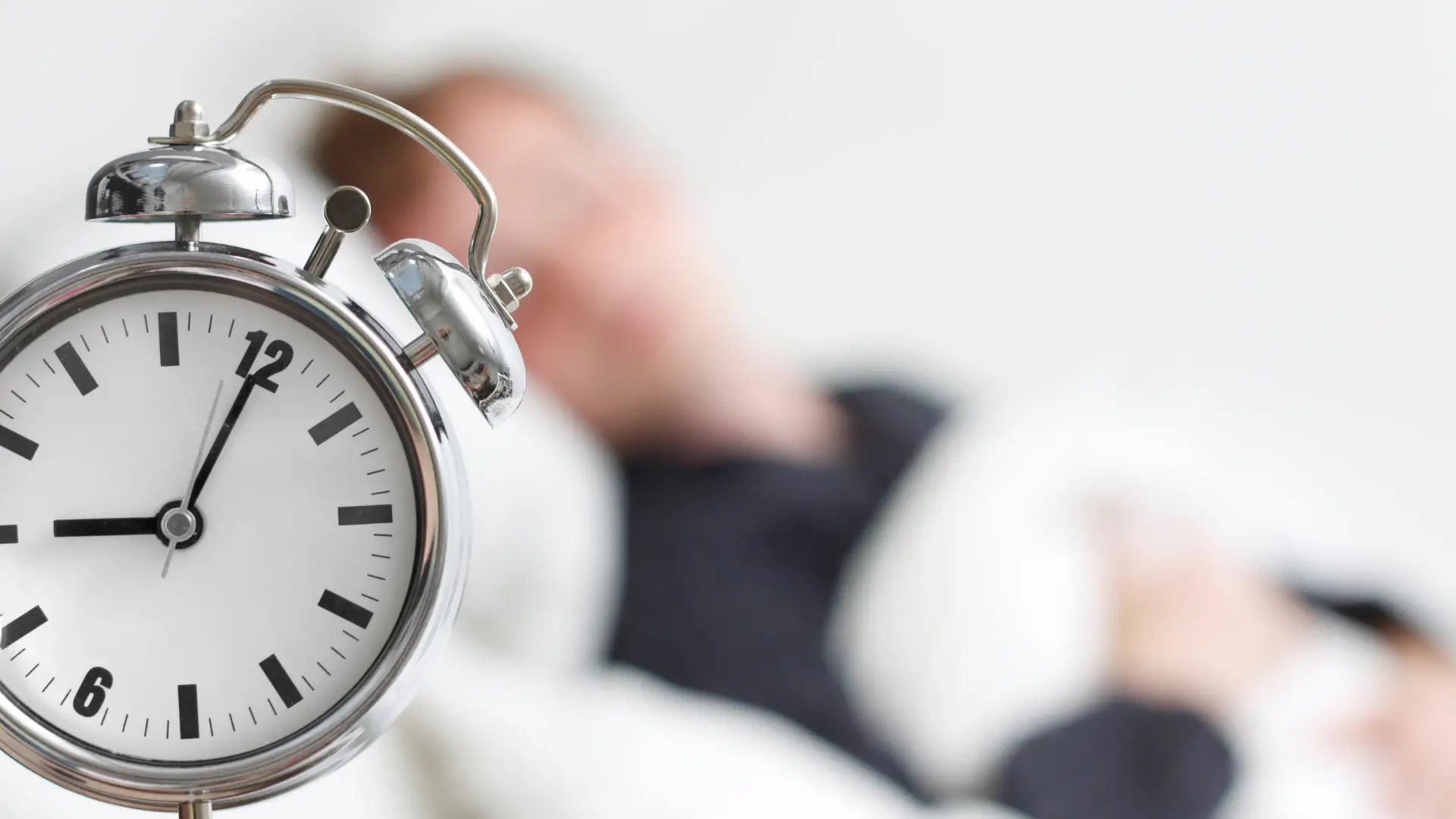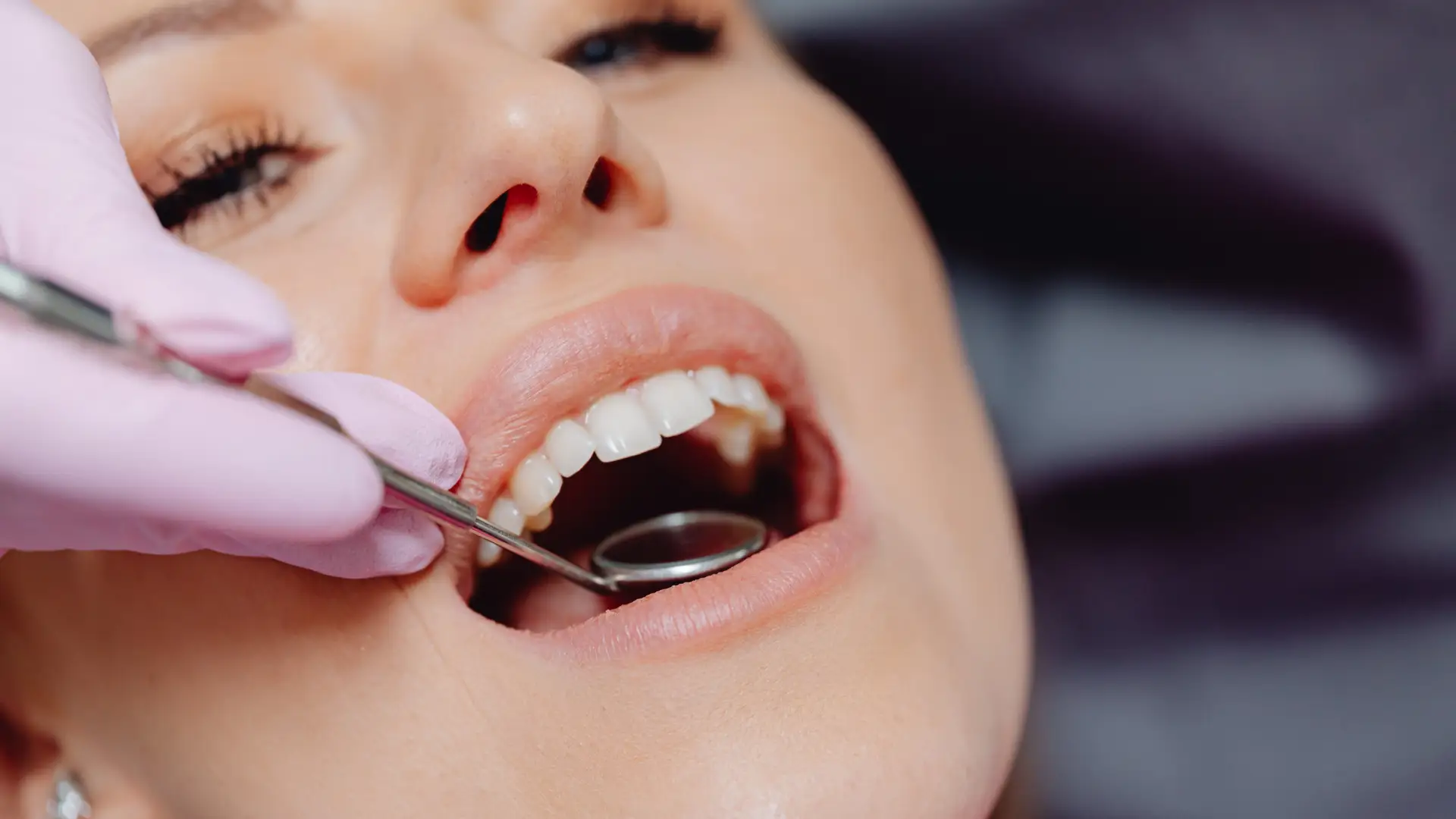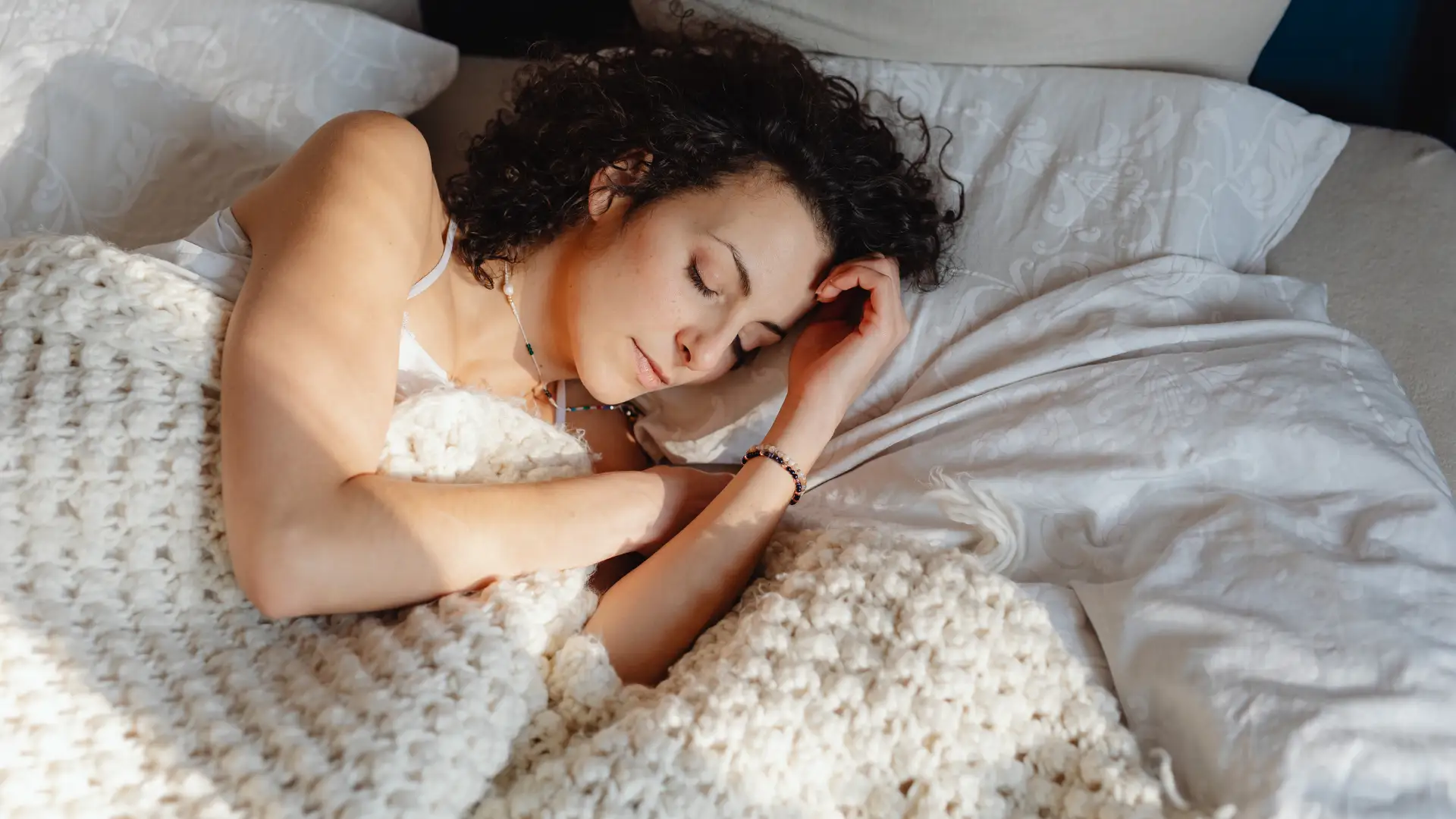Assessing Mental Health Risks in Sleep Apnea Patients with STOP-Bang
Posted By:
June 1, 2025
9:00 AM
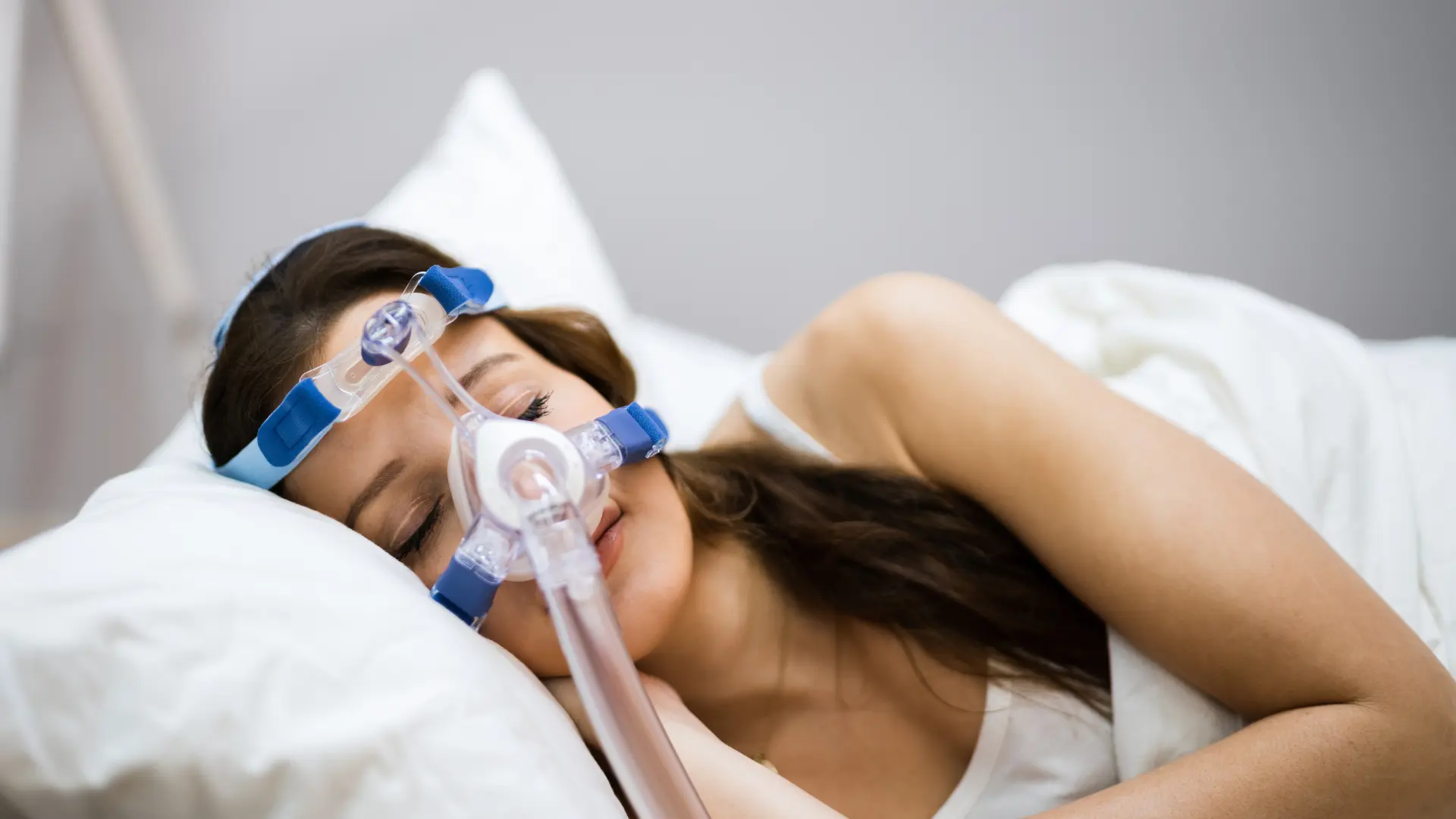
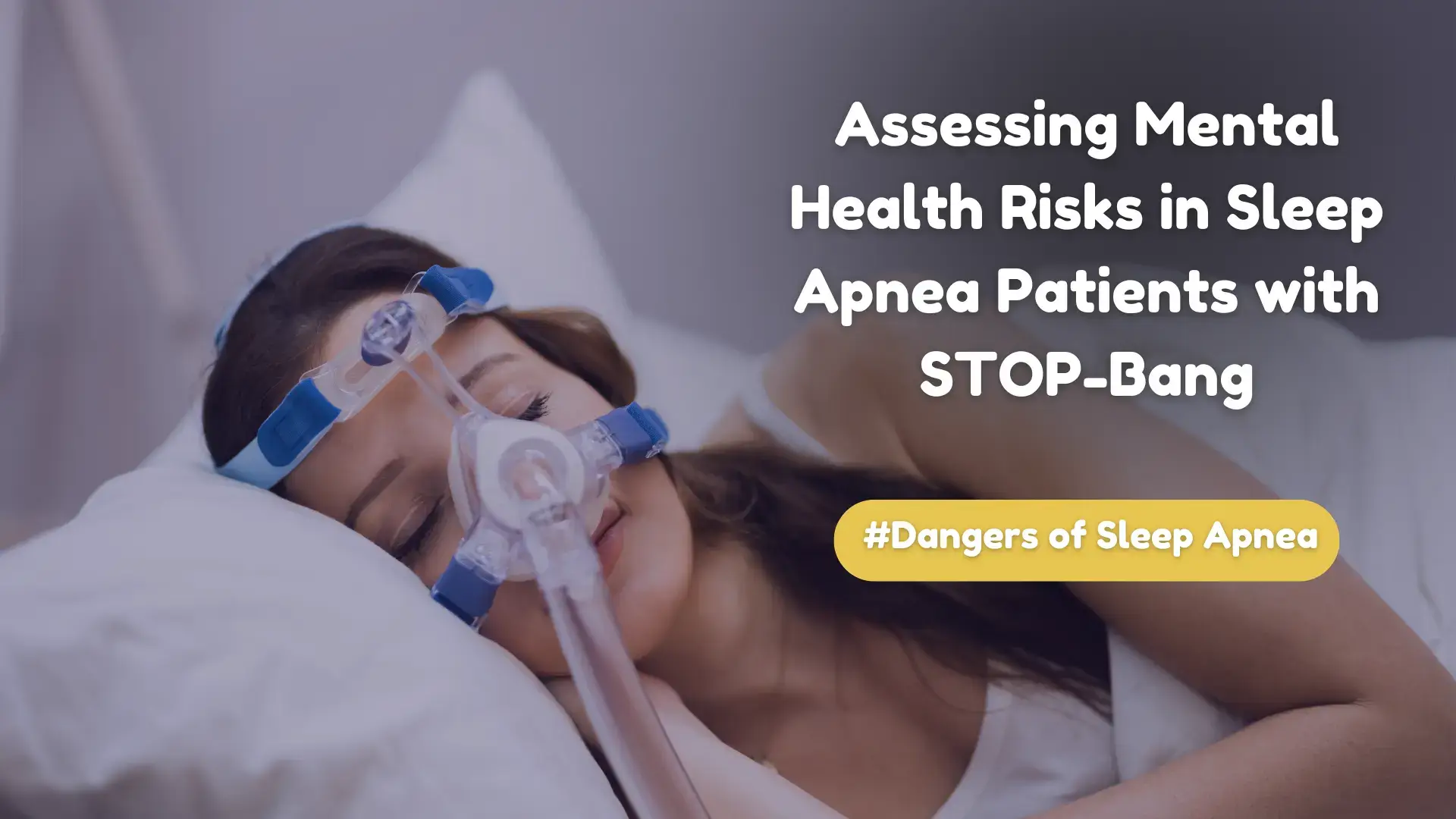
Obstructive sleep apnea may increase a person’s risk of developing significant mental health conditions like depression, anxiety, and suicidal thoughts. It may have a funny name, but the STOP-Bang test is a valuable tool to help medical professionals screen for obstructive sleep apnea in individuals who may not realize they have a sleep disorder. It may also help identify obstructive sleep apnea and suicidal behavior.
What Is the STOP-Bang Questionnaire?
Statistics from the American Medical Association suggest that while as many as 30 million Americans suffer from sleep apnea, only six million Americans are diagnosed with the condition. How can you tell if you have sleep apnea? That’s part of the problem. It can be challenging to know where there is a problem, because you are asleep and you may not register that you stop breathing and wake up multiple times throughout the night.
Signs of sleep apnea can include snoring, morning headache or sore throat, fatigue, and daytime drowsiness. However, stress, a busy lifestyle, and other environmental issues can trigger similar symptoms, making it challenging to know when to seek medical help for your poor sleep.
The STOP-Bang questionnaire consists of eight yes-or-no questions. When answering each question, a person gets one point for each symptom or risk factor, with a total possible score of eight points. The higher the score on the STOP-Bang test, the greater the risk that the person has moderate to severe obstructive sleep apnea.
The STOP-Bang test has a funny-sounding name, but it is an acronym for the first letter of each symptom or attribute associated with OSA:
- Snoring
- Tiredness
- Observed apnea
- Pressure (blood pressure)
- BMI
- Age
- Neck circumference
- Gender
Medical professionals use the STOP-Bang test when they suspect a patient might be at risk of having or developing obstructive sleep apnea. A high score on the STOP-Bang test can help physicians better prioritize which patients require additional testing, like a sleep study. While it is not a 100 percent foolproof diagnostic tool, the STOP-Bang questionnaire helps get at-risk individuals the further testing and medical care they need to address their sleep issues.
STOP-Bang, Sleep Apnea, and Mental Health
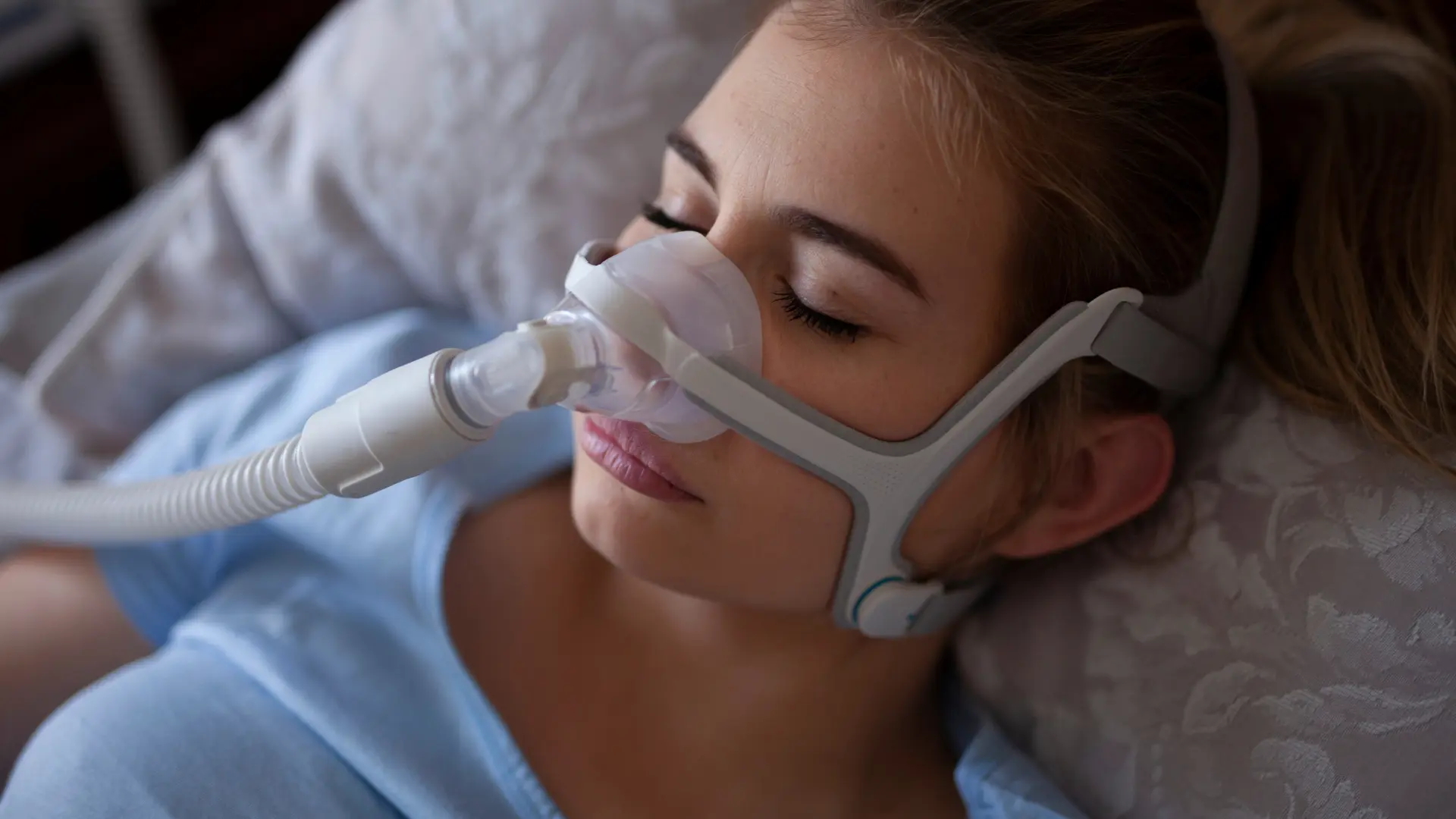
Better and faster sleep apnea screening matters because of the significant physical and mental consequences of untreated sleep apnea. Studies indicate that sleep apnea increases a person’s risk of developing cognitive conditions like dementia. Additional studies show that there may also be an association between sleep apnea and suicidal thoughts and behavior. These types of studies suggest a serious link between sleep apnea and mental health.
Other mental health implications of untreated OSA can include depression, anxiety, cognitive impairment, and an increase in mania and depression in individuals with bipolar disorder. While the STOP-Bang test does not specifically screen a person for mental health concerns, understanding which individuals may have undiagnosed sleep apnea and getting them the help they need sooner rather than later can help decrease a person’s risk of developing severe mental health issues, including suicidal thoughts and tendencies.
It’s Time for a Sleep Professional to Help You Get a Better Night’s Rest
Our sleep professionals at Silent Night Therapy understand a person’s frustration and irritability when they don’t get a good night’s sleep. Not only can you not perform your best, but you can also feel like a shell of your usual self. Significant physical and mental health concerns accompany sleep disorders, and you deserve answers right away. Our team utilizes various methods to get to the bottom of your sleep issues and find solutions to improve your sleep and overall physical and mental health.
Contact us online or call our office today at (631) 983-2463 to arrange a complimentary sleep consultation.
Related Posts:
The Science Behind Paradoxical Intention and Sleep Improvement
